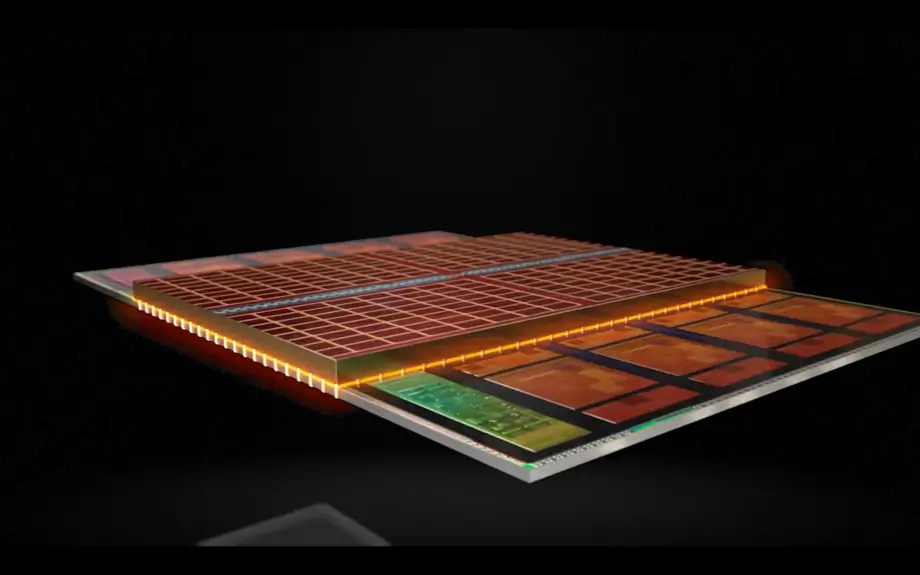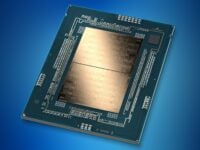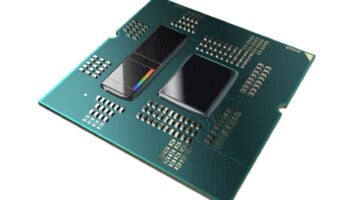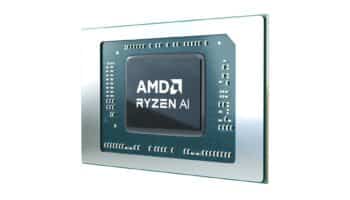AMD’s upcoming Ryzen 7000X3D processors are coming next month. Combining the Zen 4 core architecture and the 2nd Gen 3D V-Cache technology delivers a solid gen-over-gen uplift of up to 30%. The Ryzen 7 7800X3D is set to become one of the fastest gaming CPUs, beating the Core i9-13900K for at least $100 less. A total cache memory (64MB of L3 cache) of 104MB and a TDP of 120W allows a single-core boost of 5GHz, 500MHz higher than the 5800X3D. Overclocking, however, continues to illude enthusiasts because of a locked multiplier.
The Ryzen 9 7950X features the same 3D stacked L3 (V-Cache) die with 64MB of SRAM. Like the 7800X3D, the 7950X3D boosts to the same frequency as the 7950X. A TDP of 120W (vs. 170W) does mean that heavily threaded workloads on the 7950X3D won’t run at the same clocks as the 7950X. Either way, this won’t affect gaming performance which relies on lightly threaded boost clocks.
What’s interesting, though, is that the Ryzen 7 7800X3D, Ryzen 9 7900X3D, and the 7950X3D have a lower operating temperature than the 7800X, 7900X, and 7950X, respectively. The vanilla Raphael parts have a Tj Max of 95C, and their V-Cache variants top out at just 89C. While this may be due to the lower TDP (120W vs. 170W), it is likely due to the lower thermal tolerance of the closely packed dies. (www.dynamicslr.com)
| Model | Cores/Threads | Boost / Base Frequency | Total Cache | TDP |
| AMD Ryzen 9 7950X3D | 16C/32T | Up to 5.7 GHz / 4.2 GHz | 144MB | 120W |
| AMD Ryzen 9 7900X3D | 12C/24T | Up to 5.6 GHz / 4.4 GHz | 140MB | 120W |
| AMD Ryzen 7 7800X3D | 8C/16T | Up to 5.0 GHz / TBD | 104MB | 120W |






